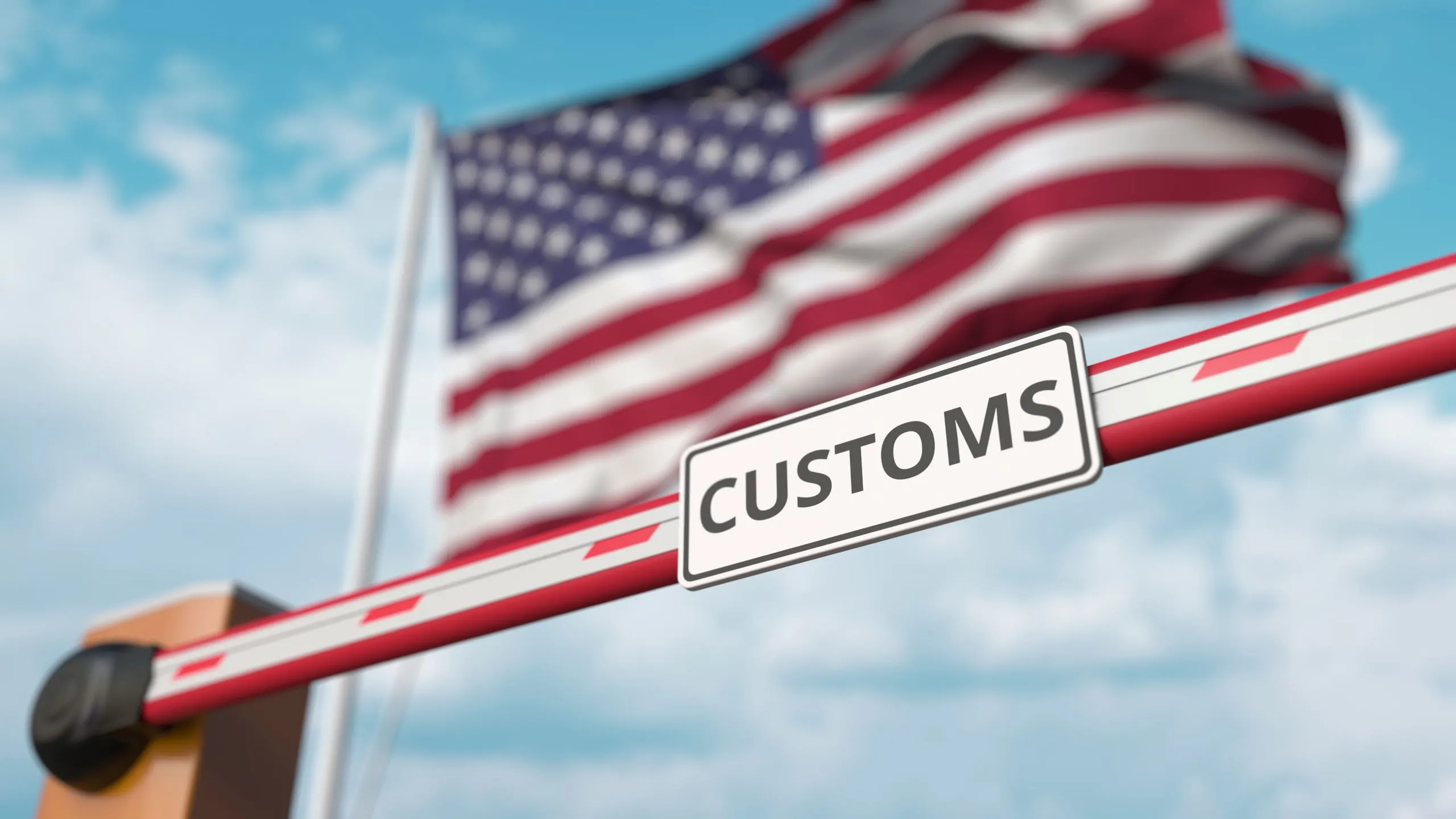Cross-border e-commerce, a rapidly rising trend in recent years, comes to life with the integration of global trade into the digital world. With the development of internet technologies, businesses now have the opportunity to go beyond borders and offer their products and services to international markets through cross-border e-commerce. The rapid spread of the internet, the increasing use of smartphones, and the diversification of digital payment methods, in particular, contribute to the growth in the field of cross-border e-commerce.
The growth of cross-border e-commerce offers companies the opportunity to enter new markets while providing consumers with a wider range of product options. However, there are also legal and customs regulations that need to be considered in this model. It’s important to keep in mind that each country has different tax, customs, and consumer protection rules.
Cross-border e-commerce emerges as a gateway to trade across every corner of the world. In a world globalized by the internet, this digital bridge between businesses and consumers is shaping the future of commerce. If you are considering expanding your business in the international arena, now might be the right time to explore the opportunities offered by cross-border e-commerce.
What does cross-border e-commerce mean?
People all around the world shop through online platforms, and this modern approach to commerce is called cross-border e-commerce. This trade model stands out as a digital world where producers and consumers meet via the internet. These platforms, which offer a wide range of quality products, bring together buyers and sellers from different countries. Adapting to evolving technologies, this system makes the most of the opportunities offered by the globalized world.
An important element in this field is payment and communication. The system is designed to accommodate different countries’ currencies and legal regulations, making it adaptable to international trade. This allows consumers to purchase a product from the other side of the world with just a few clicks, while companies have the opportunity to establish themselves on a global level.
Cross-border e-commerce is completely transforming the traditional shopping experience. Not only do product options expand, but transaction speed also increases. Thanks to digital platforms, the entire shopping process takes place online. Product promotion, communication, and payment transactions are all conducted instantly over the internet.
If you want to better understand this global digital trade flow and bring your business into this fascinating world, you can explore the opportunities offered by cross-border e-commerce. Being present on the international stage and reaching global customers is one of the greatest advantages modern commerce offers!
What are the advantages of cross-border e-commerce?
The evolution of e-commerce has significantly transformed the business world and opened the doors wide to crossing borders. Emerging as an increasingly popular trend in the global market, cross-border e-commerce offers numerous advantages for both businesses and consumers.
- Large transaction volume and increased revenue
Cross-border e-commerce offers businesses the opportunity to extend their domestic revenue beyond their borders. This strategy not only expands transaction volume but also enables revenue growth. Businesses can benefit from advantages in cross-border sales, such as VAT refunds. The VAT refunds obtained, especially in export-focused shipments, provide significant financial support to businesses
Businesses looking to enter international markets can also benefit from various support mechanisms. With supported research trips and incentives, businesses gain the opportunity to establish a more effective presence globally. At the same time, brand awareness facilitated by e-commerce makes it easier for products to reach a broader customer base.
- Access to international markets
Cross-border e-commerce enables businesses to easily reach international customer markets. This allows them to operate not only in the local market but also globally. This broad access makes it possible for businesses to maintain a competitive position on the global stage.
- Brand awareness and product reach
E-commerce increases brand awareness by enabling products to reach a broader audience. Research conducted through digital platforms supports businesses in crossing borders and becoming more effective on the global stage. This helps businesses expand beyond borders, enhancing their visibility and growth in different regions.
- Secure payment experience
Offering secure and diverse payment options to customers is of great importance. Businesses should provide various payment systems that are both convenient and secure for customers, ensuring a safe payment experience. This stands as one of the fundamental elements of successfully establishing a presence in the international market.
- Advantages for consumers
Consumers are drawn to cross-border shopping due to factors like price advantages, a wide variety of products, and easy access. By offering these benefits, businesses can expand their customer base to include not only local but also international consumers. This allows businesses to fully capitalize on the opportunities presented by cross-border e-commerce, driving growth and success.
Understanding the advantages of cross-border e-commerce and creating an effective roadmap for businesses to utilize these advantages is of utmost importance. In this way, you can fully capitalize on the opportunities offered by the global market and achieve greater success by expanding your business beyond borders.
What can be done for cross-border e-commerce?
Cross-border e-commerce, while enhancing the growth potential of businesses in Turkey and globally, is a process that requires consideration of several important factors. In this field, where traditional approaches can pose obstacles for companies, awareness initiatives, training programs, and technology investments are of great priority.
Establishing multilingual call centers, optimizing logistics processes, and diversifying payment methods are crucial for the successful implementation of cross-border e-commerce for e-exporting companies. Additionally, steps such as supporting e-export in Turkey and recognizing e-exporting companies as exporters are among the factors that contribute to the development of the sector.
Another key element for success in cross-border e-commerce is being aware of regulations in different regions. Continuously researching up-to-date information and closely monitoring trade regulations across various regions will help businesses develop more effective cross-border e-commerce strategies.
Considering all these factors, businesses can establish a solid foundation for cross-border e-commerce, enabling them to reach a broader customer base in international markets.
Our e-commerce solutions simplify critical operations such as product listing, stock-price updates, order processing, and status updates for over 200 marketplaces in Turkey and abroad. We ensure your business operates seamlessly by fully meeting the specific requirements of each marketplace. Contact us to get detailed information and discover more.





